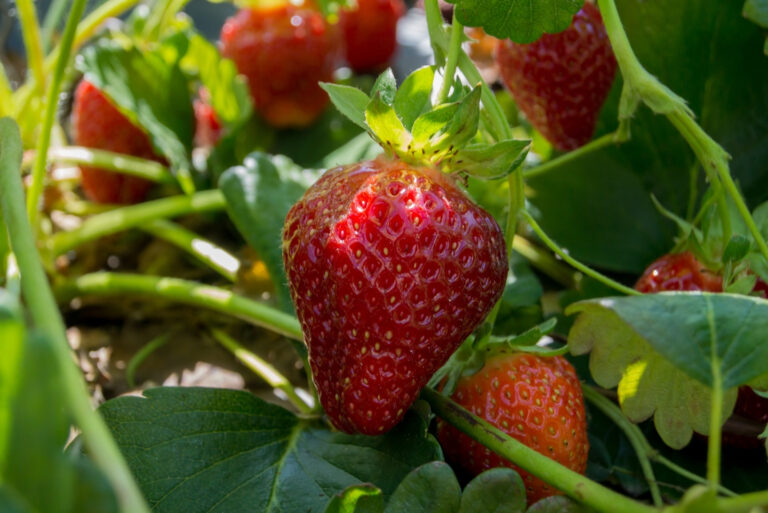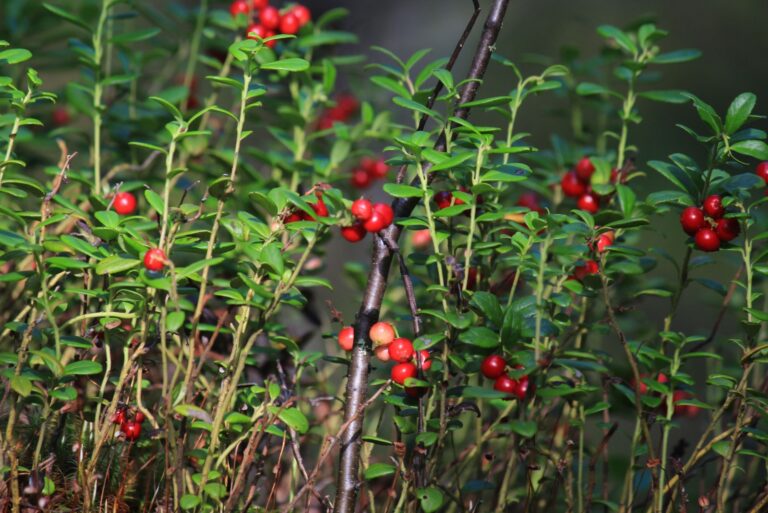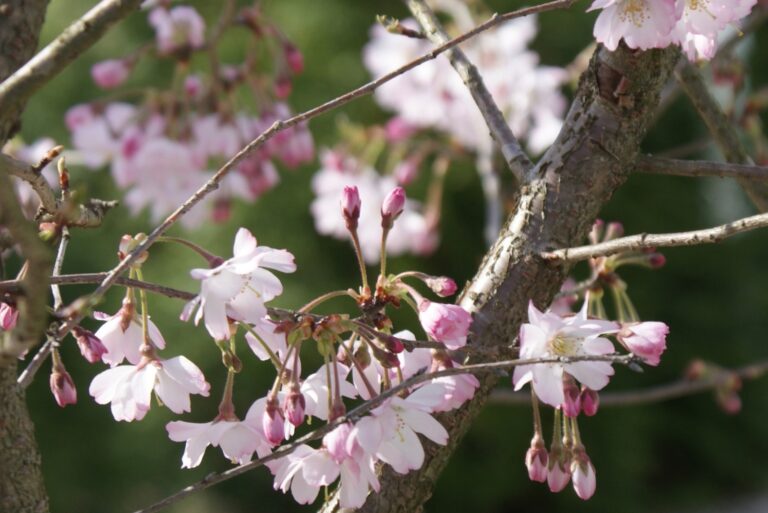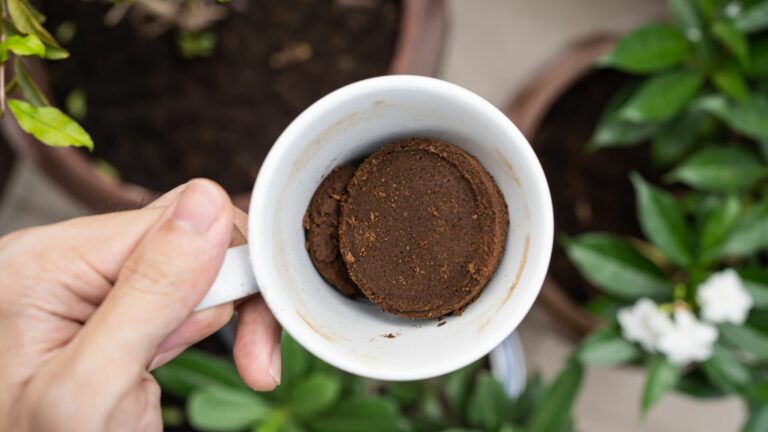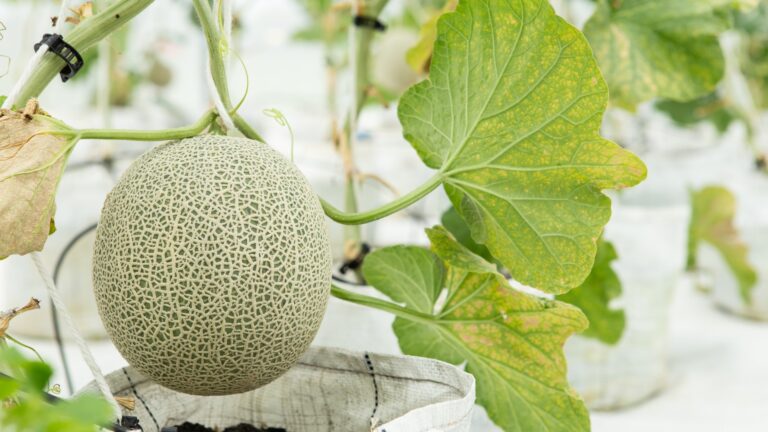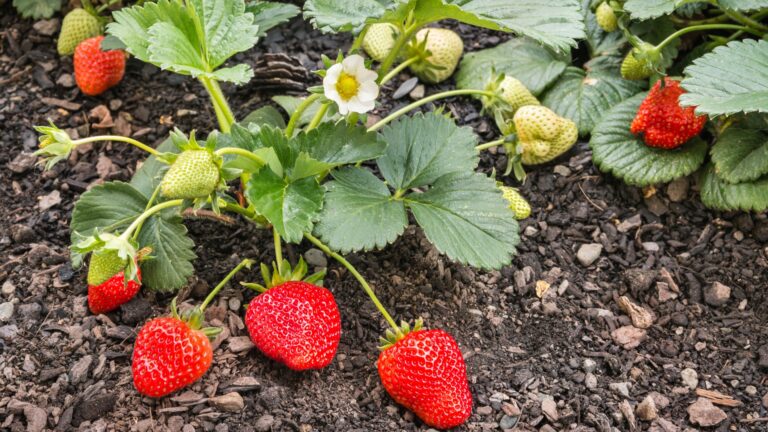12 Fruits Missouri Gardeners Should Plant From Seed In September
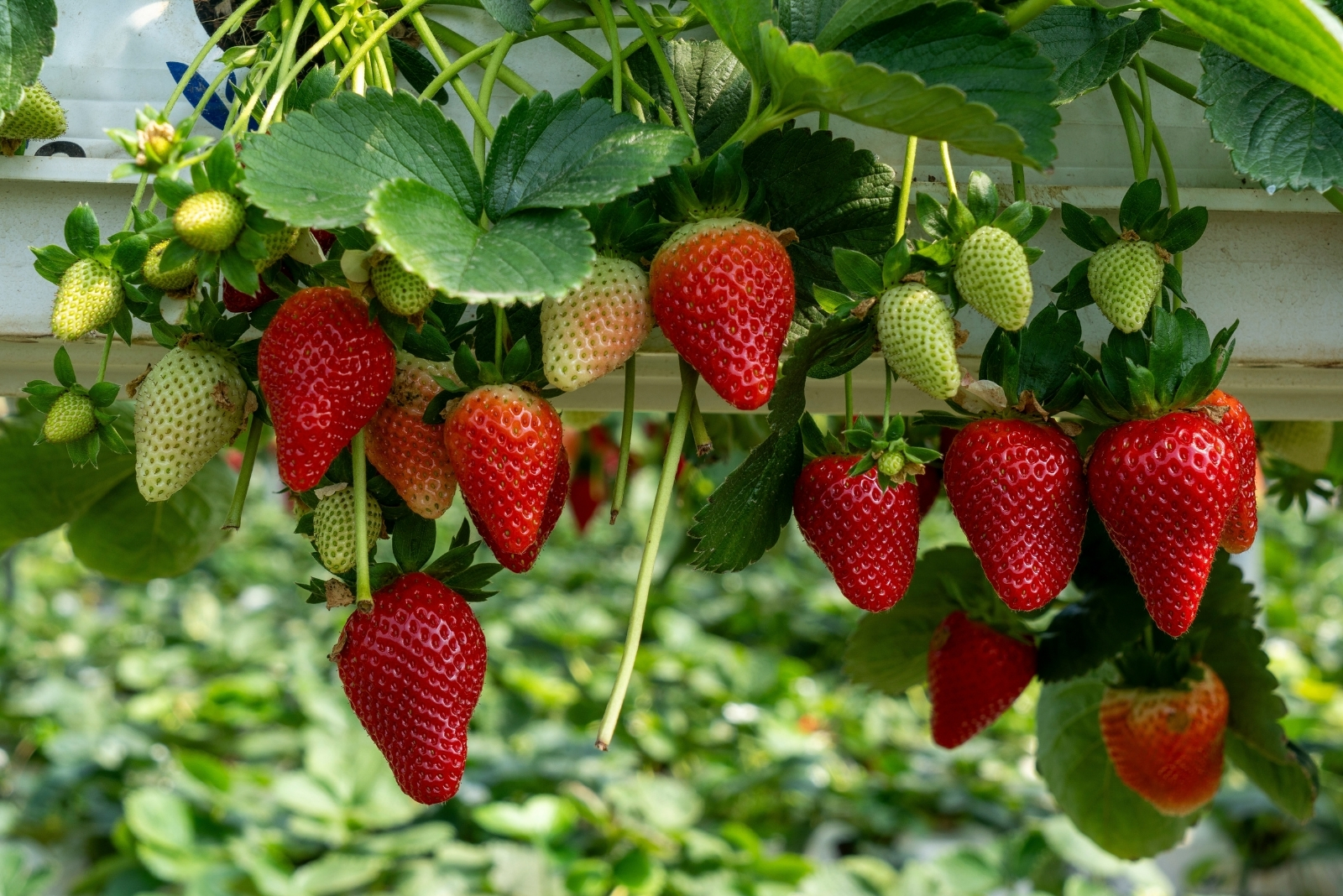
Fall gardening in Missouri offers a perfect opportunity to plant fruit seeds that will reward you next season.
September’s cooling temperatures and moist soil create ideal conditions for many fruit seeds to establish strong roots before winter.
Whether you’re a seasoned gardener or just starting out, these 12 fruits are perfect for planting now in the Show-Me State.
1. Strawberries
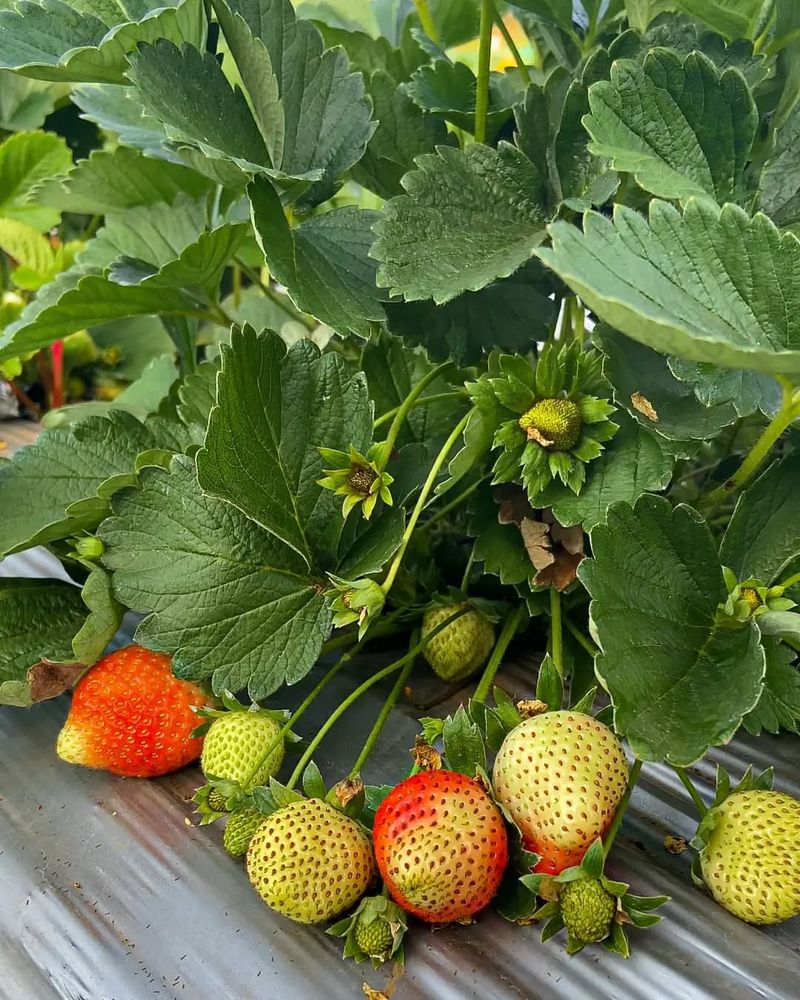
Fall planting gives strawberries a head start for spring growth across Missouri’s varied climate zones. Seeds planted now develop strong root systems before winter dormancy hits.
Come spring, these plants will burst with vigor, producing sweeter berries than their spring-planted counterparts. Many Missouri gardeners swear by September planting for the most abundant harvests.
2. Watermelons
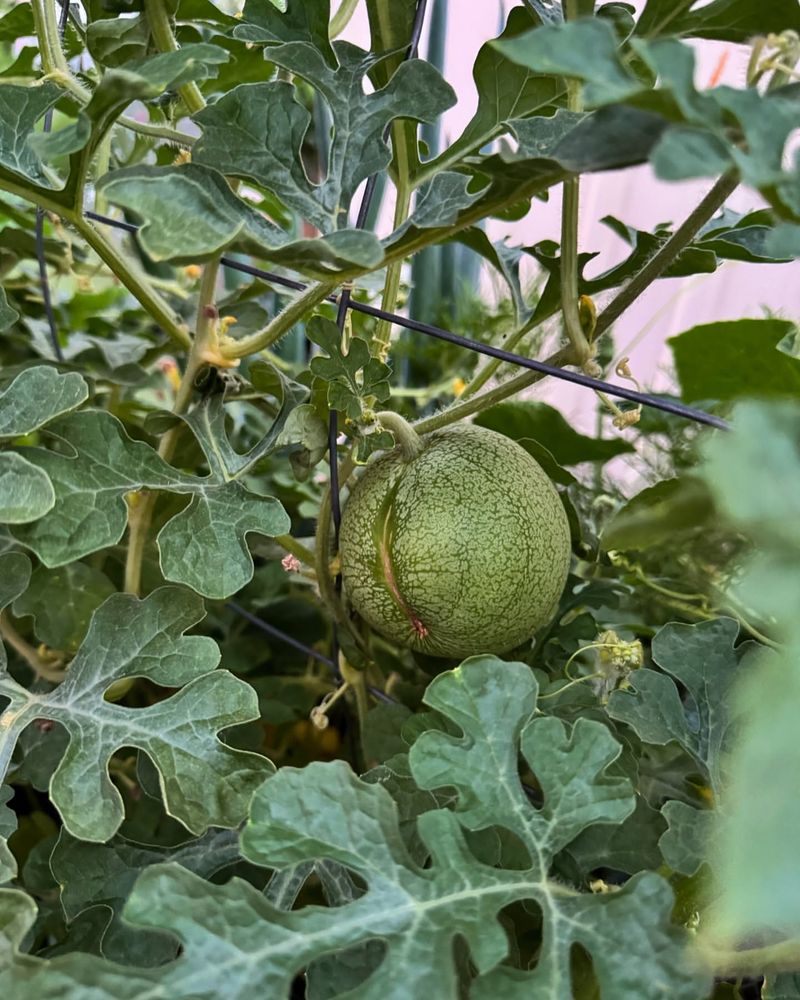
Starting watermelon seeds indoors during September creates robust seedlings ready for transplanting next spring. The controlled environment helps develop strong plants while Missouri’s winter passes.
Keep seedlings under grow lights until warm weather returns. This head-start technique is popular with gardeners throughout the Show-Me State who want to maximize their growing season for these summer favorites.
3. Raspberries
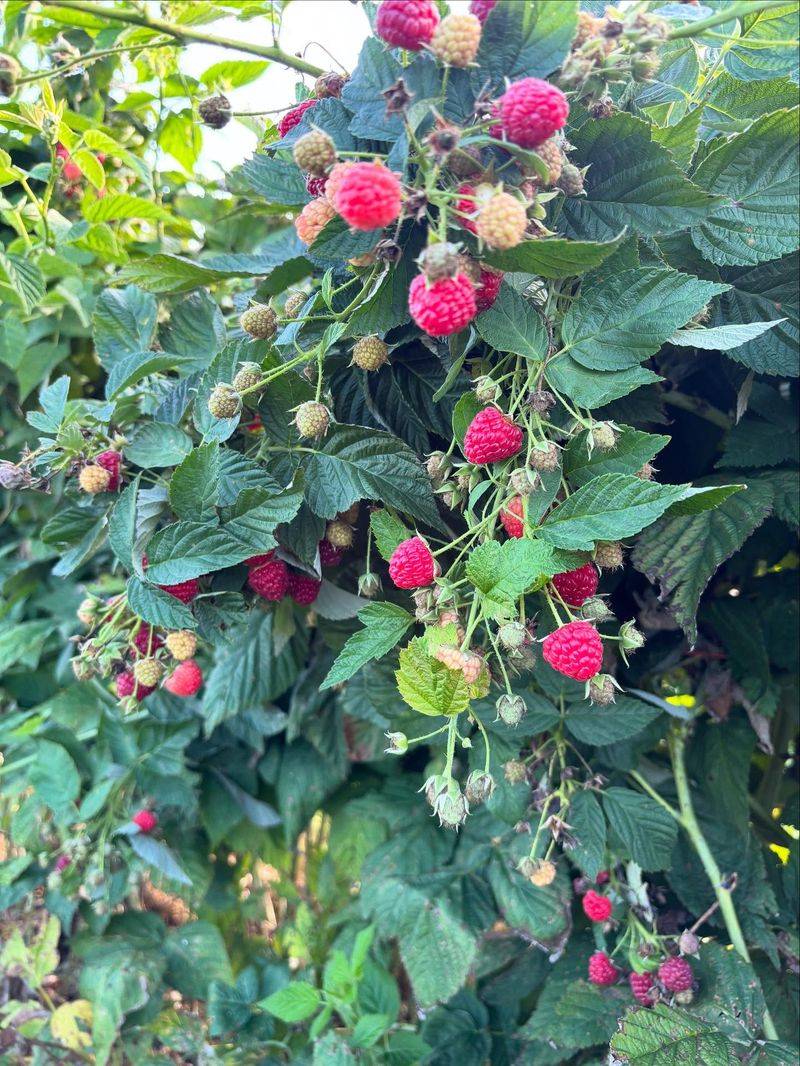
Cold stratification naturally occurs when raspberry seeds are planted in September’s cooling Missouri soil. The winter freeze-thaw cycles help break seed dormancy, improving germination rates come spring.
Wild varieties thrive particularly well with this method. Many experienced Missouri gardeners collect seeds from summer berries specifically for fall planting, mimicking nature’s own propagation schedule.
4. Blackberries
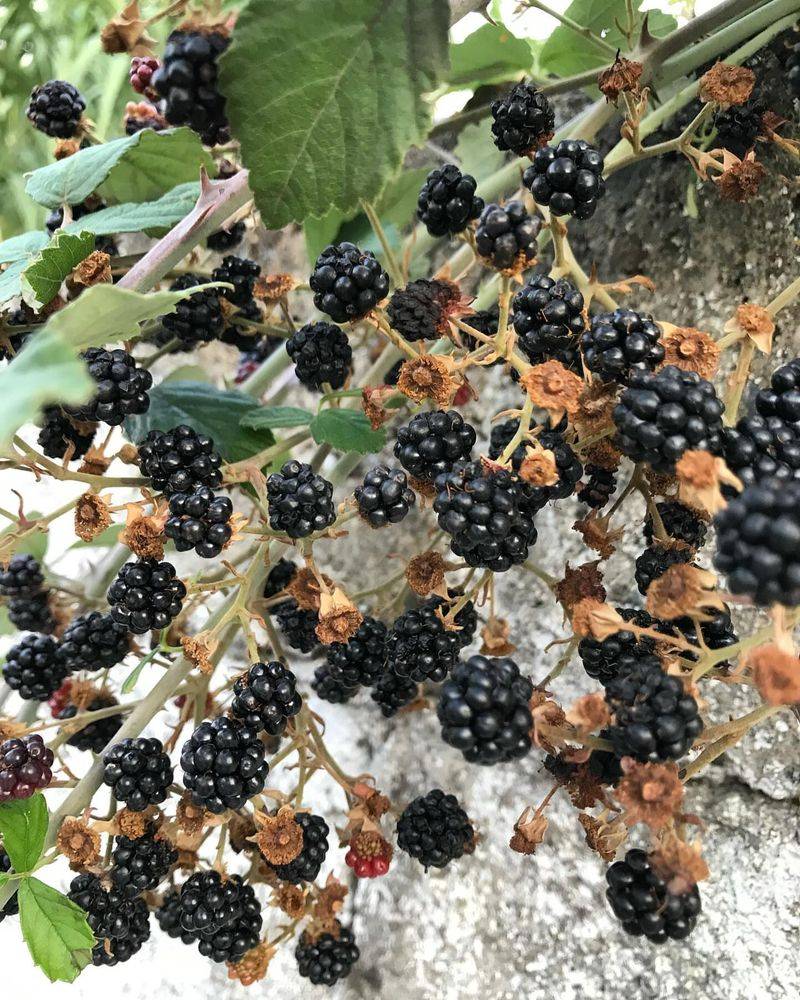
September’s moderate temperatures create perfect conditions for blackberry seeds to establish before winter arrives. Missouri’s clay-rich soils actually benefit these seeds, providing stability during winter months.
Plant in raised beds for better drainage if you’re in the state’s wetter regions. Blackberry varieties like ‘Arapaho’ and ‘Natchez’ perform exceptionally well when started from seed during early fall in Missouri gardens.
5. Persimmons
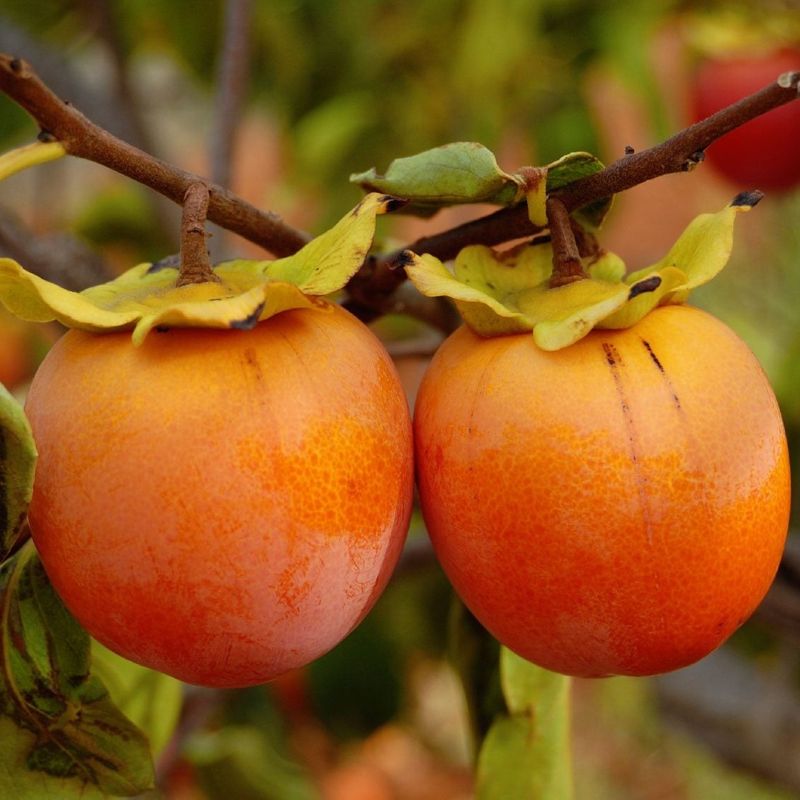
Native American persimmons thrive when seeds are planted in September throughout Missouri. The natural cold period triggers germination processes that simply won’t occur with spring planting.
Missouri’s state soil, Menfro, provides excellent drainage for persimmon seeds. Many gardeners across the state collect seeds from wild persimmons after the first frost specifically for immediate planting in prepared beds.
6. Pawpaws
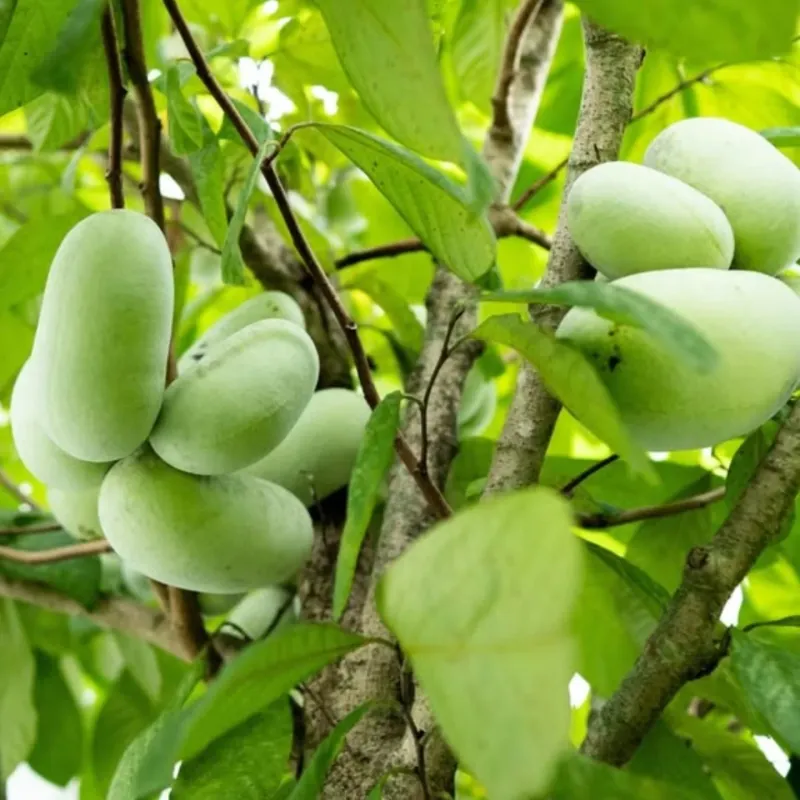
Missouri’s state fruit, the pawpaw, benefits tremendously from fall seeding. Fresh seeds planted immediately after fruit ripens have significantly higher germination rates than stored seeds.
The natural winter stratification in Missouri soil breaks seed dormancy perfectly. These native treasures grow beautifully throughout the state, particularly in areas mimicking their natural woodland habitat along river bottoms.
7. Elderberries
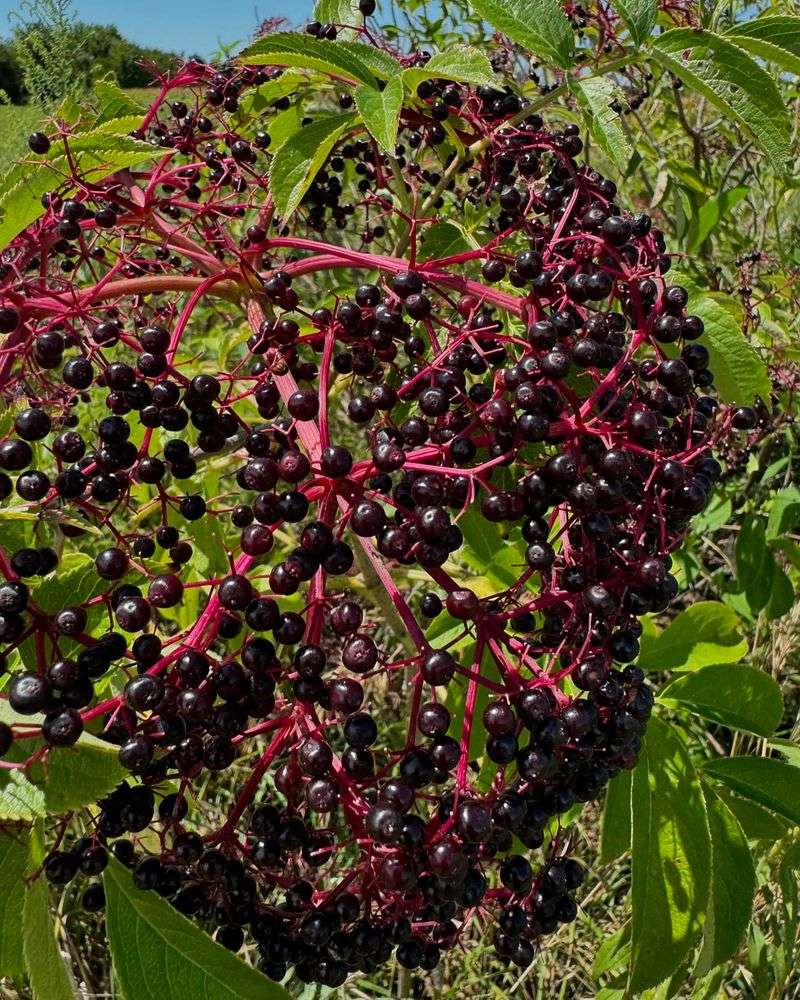
Fall-planted elderberry seeds undergo natural stratification during Missouri’s winter months. This process breaks down the seed coat, significantly improving spring germination rates for these native berries.
Plant in moist areas where they naturally thrive across the state. Missouri gardeners often collect seeds from wild elderberries growing along creek beds and forest edges for September planting in prepared garden beds.
8. Gooseberries
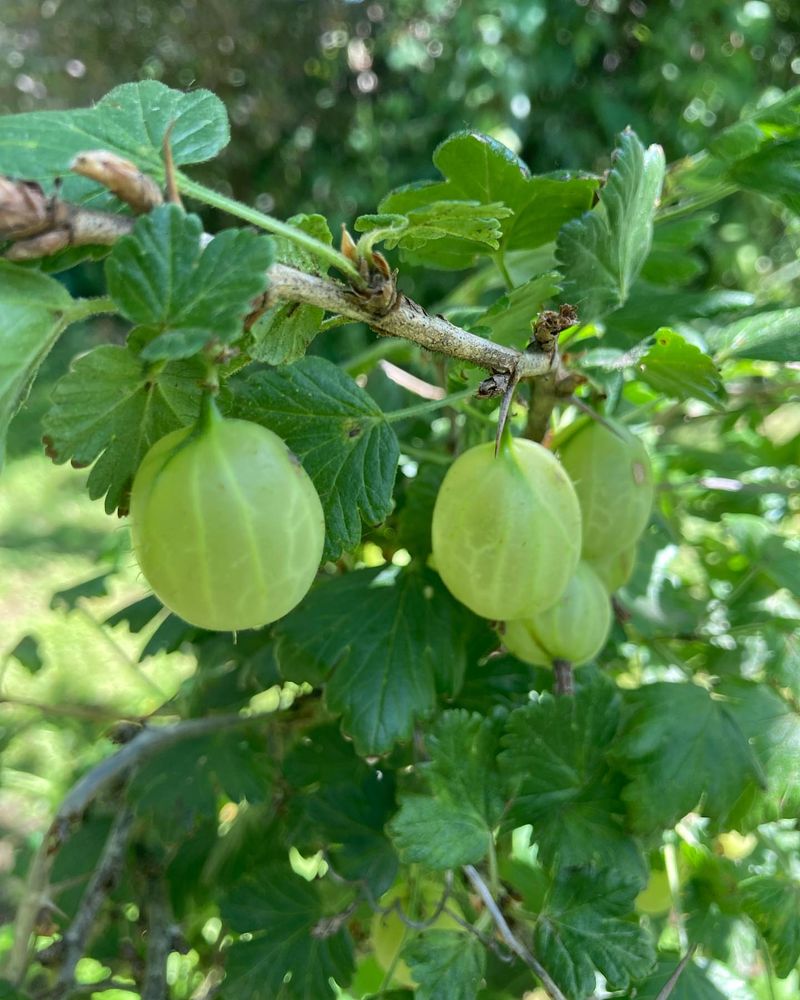
September planting gives gooseberry seeds time to settle before Missouri’s winter arrives. The cold period naturally breaks seed dormancy, leading to stronger spring germination rates throughout the state.
Partial shade locations work best in Missouri’s hot summers. Many gardeners in the northern parts of the state particularly appreciate gooseberries for their adaptability to the region’s limestone-rich soils and seasonal temperature fluctuations.
9. Mulberries
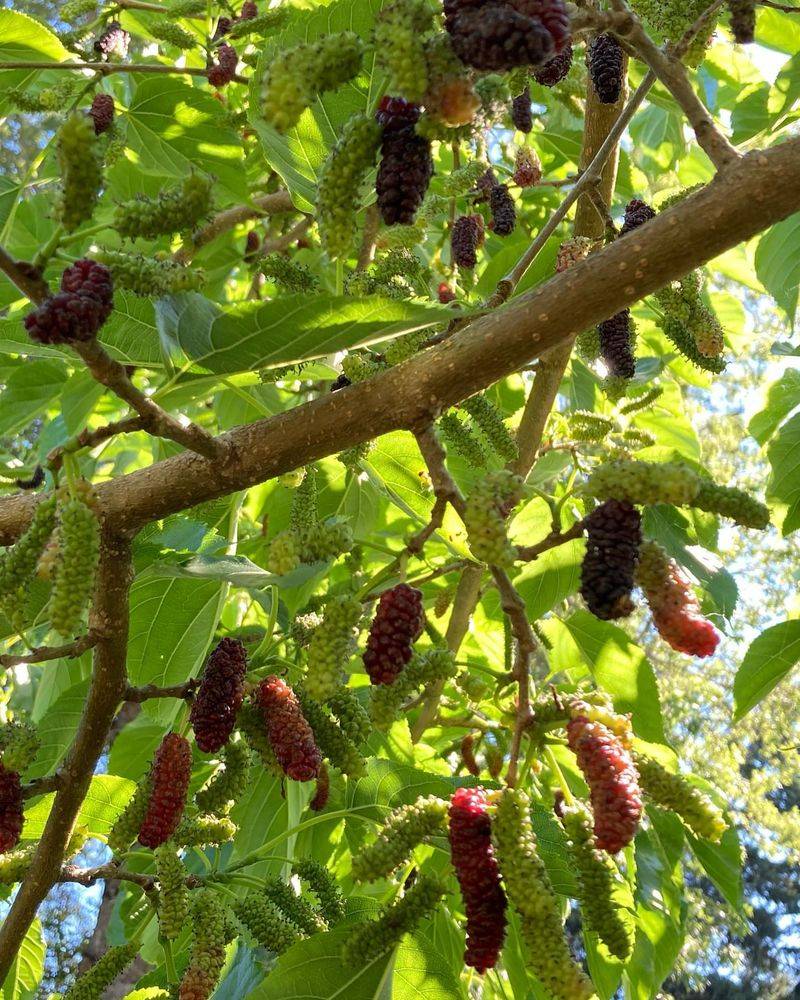
Wild mulberry varieties establish remarkably well from September-planted seeds across Missouri. The winter cold period helps crack the hard seed coating naturally, improving spring sprouting success.
Missouri’s clay soils actually benefit these seeds by providing good contact. Local gardeners often collect seeds from productive wild trees growing along the state’s many hiking trails for fall planting in prepared garden beds.
10. Grapes
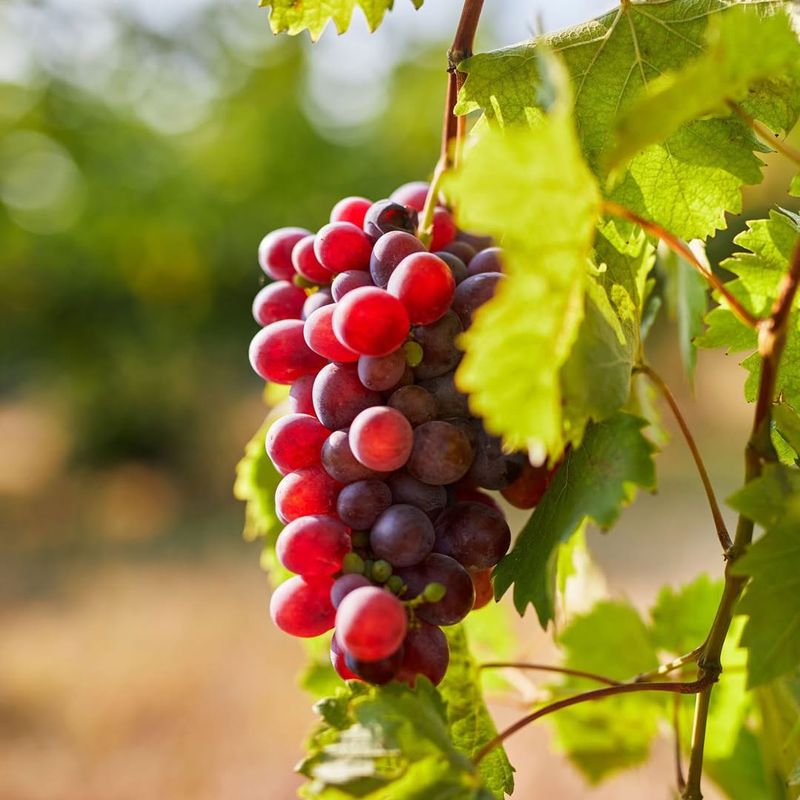
Native grape varieties perform exceptionally well when seeds are planted in September’s cooling Missouri soil. The natural cold stratification process improves germination rates for these woodland vines.
Missouri’s wine country traditions are built on understanding these growing cycles. Gardeners throughout the state’s diverse growing regions can mimic commercial vineyards’ techniques by collecting and planting seeds from successful local varieties.
11. Blueberries
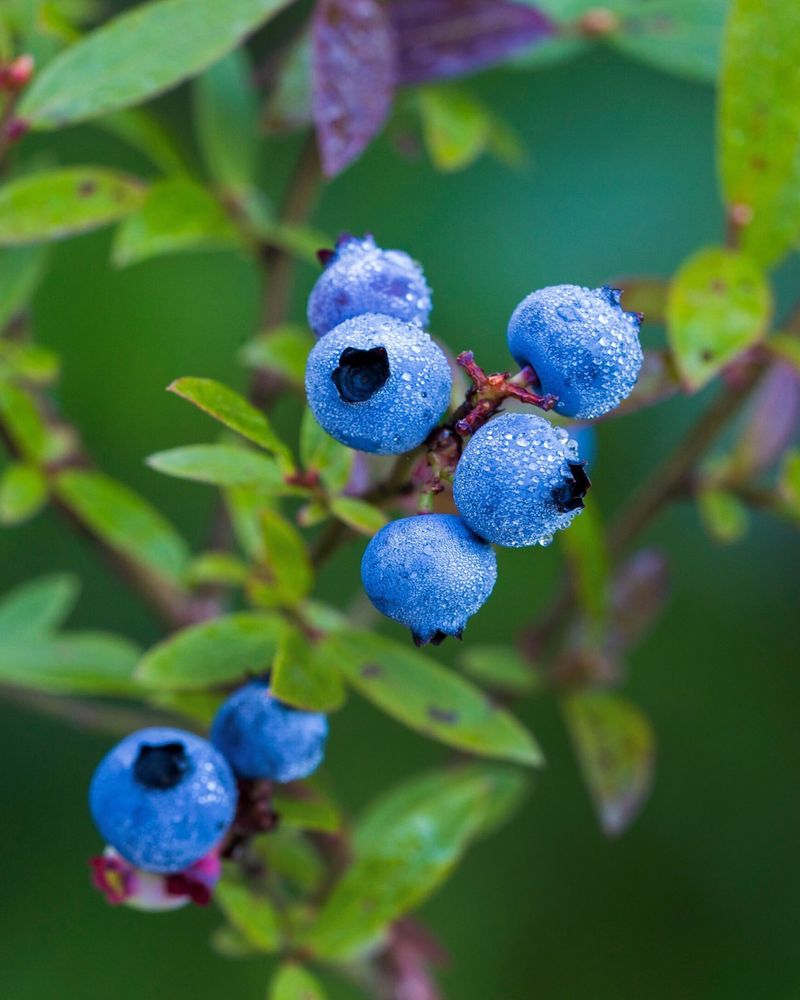
September-planted blueberry seeds benefit from Missouri’s natural winter stratification. This cold period helps break seed dormancy, significantly improving spring germination rates across the state.
Acidify your soil for best results in Missouri’s typically alkaline conditions. Many gardeners in the Ozark region find wild blueberry varieties particularly well-adapted to the state’s southern growing conditions when started from fall-planted seed.
12. Cherries
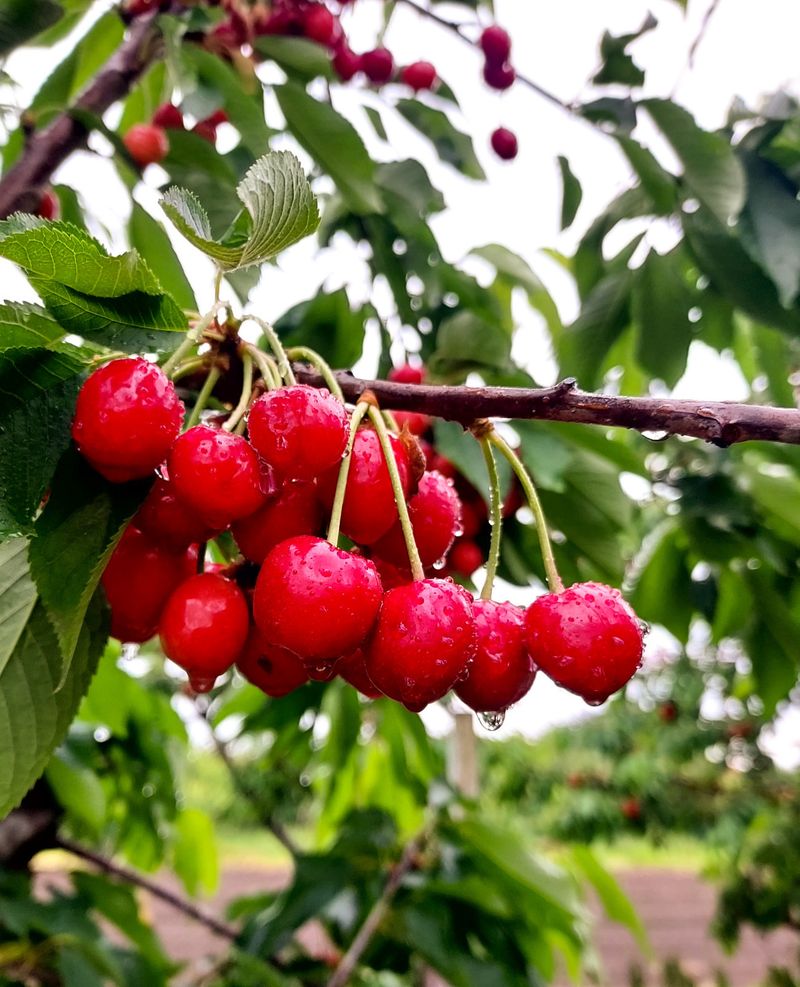
Wild cherry varieties establish strong root systems when seeds are planted in September’s cooling Missouri soil. The winter freeze-thaw cycles naturally crack the hard seed coating, improving spring germination.
Missouri’s limestone-rich soils provide excellent nutrients for cherry seedlings. Gardeners across the state’s various growing regions often collect seeds from successful local trees specifically for fall planting in prepared garden beds.

